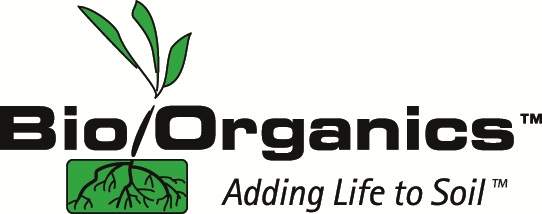After my last newsletter about organic methods, a subscriber wrote the following:
"We certainly need to go organic. However, the organic label is now used for industrially farmed produce which merely contains no herbicides or insecticides. The result is food very poor in nutrients and with a high water content as well as being selected for keeping and transport rather than flavour or nutrition ... Giant food producers are totally uninterested in soil health."
My newsletter rant was mostly about the disappearance of good flavors in the produce aisle of supermarkets - that varieties were being bred entirely for qualities other than taste. This is turning people away from eating healthy vegetables and fruit. Can you blame a kid for rejecting things that don't taste good, no matter what the shelf life is like?
The above point about "organic" being taken over by large "factory farms" is essentially correct, but I guess I would view that as a slightly positive thing. True, the flavor of the store "organics" is usually no better than chemically-grown produce, because they are the same foul-flavored varieties, but the absence of soil-toxic NPK fertilizers and people-toxic herbicides/pesticides is still a step forward.
I also have no argument against vegetable varieties being selected for shipping, holding, and appearance qualities. A wonderful-flavored thin-skinned tomato that rots within a few days or has ugly blotches does not fit into our distribution and retailing mode. What I perceive is flavor being completely ignored as a factor, so I ask the question, "Is it impossible to grow marketable fruits and vegetables that still have at least some trace of their essential flavor?" - whether they be organically or chemically grown.
Actually, some may be surprised that I'm not a radical organics-only type, given the nature of my business. My general view is more focused on the long-term health of the soil than on any simple-minded "natural good, manmade bad" dogma. If a grower learns how to keep the beneficial soil organisms happy, then the soil will be healthy and plants will produce good yields without protective poisons. It's a simple concept. I don't see any big evil in limited applications of low-analysis, slow-release synthetic fertilizers, so long as the living soil is sustained and not harmed.
But, please, let's get some decent flavors back on the produce aisle - there's a wonderful marketing opportunity for a branded carrot with some sweetness, not to mention tomatoes. And by all means, support your local farmer's markets but don't let them get seduced into growing "new and improved" varieties - squawk about it if their display becomes more pretty than tasty.
Good growing, my friends,
Don Chapman
President, BioOrganics, Inc.
